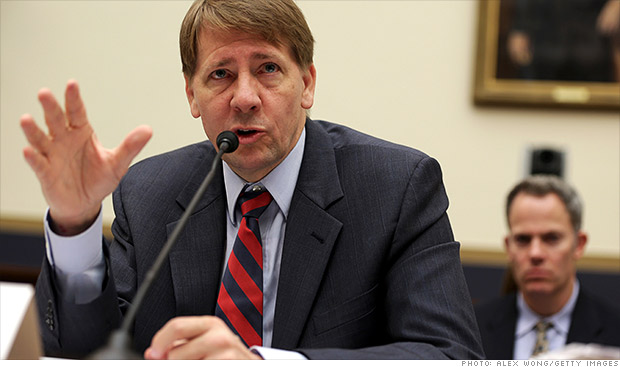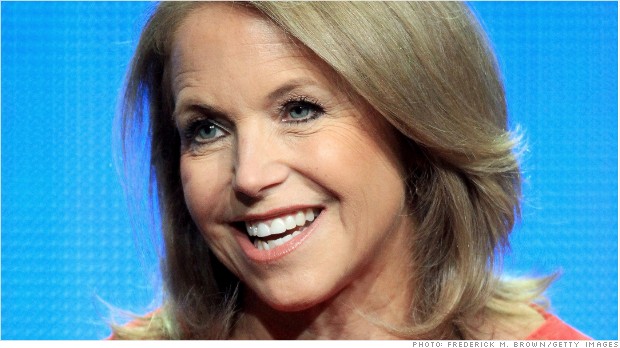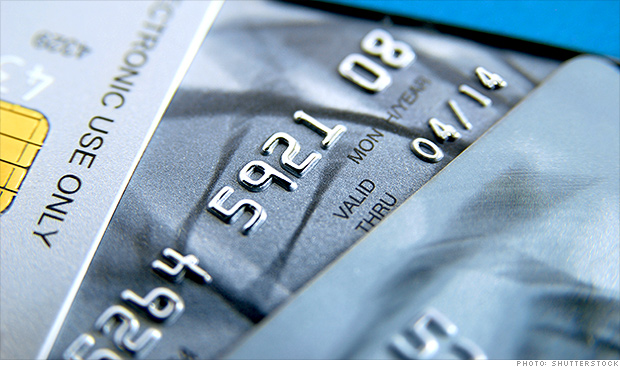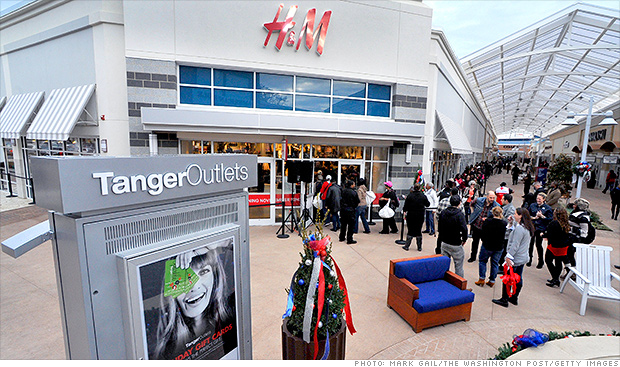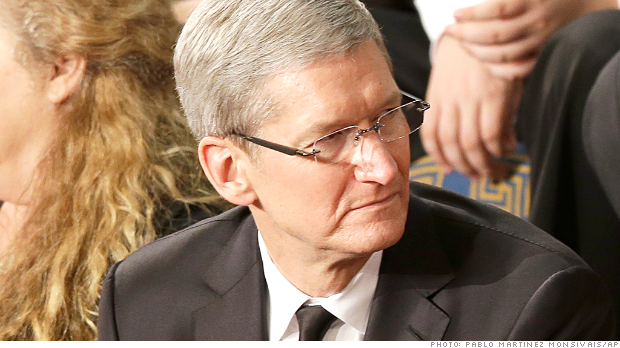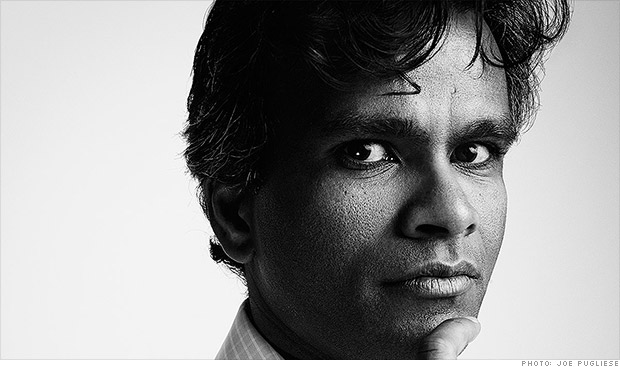
Harvard economics professor Sendhil Mullainathan says people's failure to save shouldn't be blamed on a lack of self-control.
(Money Magazine)
Why is saving so hard?
There's a popular image of people who don't save for the future as lacking in self-control. But the reason saving is so hard has less to do with self-control and more to do with a scarcity of attention.
If you have urgent current expenses to cover, then future priorities like college and retirement fall off your radar because they are simply less pressing.
Scarcity of attention prevents us from seeing what's really important. The psychology of scarcity engrosses us in only our present needs.
That's a theme of Scarcity: Why Having Too Little Means So Much, your new book with Princeton professor Eldar Shafir. When saving is so hard, how can you get better at it?
People think saving is difficult because they think it requires a heroic tightening of your budget. In reality, you can make a big dent with automation and by capitalizing on a few opportunities requiring self-control.
For example, I have a healthy savings rate. But I don't consciously save anything. I just have a chunk of every paycheck go straight to a savings account. With the money I get, I actually spend willy-nilly.
I overcame my scarcity of foresight by setting up this system. It's like jumping into a pool: You just have to steel yourself and do it once, and you get benefits going forward. The ability to save automatically is among the most powerful tools available to us.
How do you know it's so strong?
One piece of evidence is a study of investors in TIAA-CREF a few years back. After having chosen their 401(k) mix, the median number of times people changed their asset mix in any way over their working life was zero.
Related: 'How I retired early'
The best use of automation is something like the "Save More Tomorrow" program [developed by behavioral economists Richard Thaler and Shlomo Benartzi]. It sets up a regular deduction that doesn't kick in right away. This is how companies sell you things: They start out cheap, then you're automatically moved to a paid subscription later. You should do the same with your savings.
What if you don't have a steady paycheck? How do you save?
In that case, you can't just automatically put aside money. The question is what you do at times of abundance -- say, if you get a tax refund. You have a magical opportunity to escape scarcity. But studies show that if I give you an abundance shock of $10,000, you don't just spend that $10,000. You end up spending $20,000, because you're thinking, "I have all this extra money."
You forget how you felt under the conditions of scarcity. You need to think, "Instead of using this windfall to buy something nice, I should put it in a savings account."
Are there any good tools for getting yourself to do this?
There's a cool website I've used, FutureMe.org. It lets you write an email to yourself to be delivered later. Say you are struggling to make a credit card payment. You send yourself an email to arrive in December, when you're going to get your Christmas bonus, saying, "Remember last March when making that payment was a pain? I don't want to be back there. As attractive as shopping is right now, let's put some of our bonus toward paying down the credit card."
In addition to making it hard to save for the future, how does financial scarcity affect us?
Our thoughts constantly go back to making ends meet, even if we are trying to focus on something else. The starkest implication of this, which we have evidence for, is that the same person has significantly less mental capacity to address a problem when he is poor than when he is well-off.
Related: Retirement planning: How do you measure up?
It is safe to say that when people are short on cash they might be less productive at work, be worse parents, and have less self-control.
What's the effect of scarcity on a societal level? Over the past 12 years, the mood in the U.S. has gone from a sense of plenty to one of anxiety.
A reasonable hypothesis is that as the U.S. has gotten into a recession and more people have making ends meet on their mind, we are actually becoming less productive, less intelligent, with lower self-control. How would we treat austerity and recessions if we knew they were hurting our mental capacity?
Along with your work on scarcity, you've studied financial advice a lot. People often worry whether they can trust their adviser. Can they?
You can trust some of them some of the time. But a lot of advisers have financial incentives to sell specific products, which gets them to push funds that invest heavily in a particular stock or sector.
Related: Tips for planning your retirement
In a study I co-authored, we hired actors who pretended to seek financial advice. When some of them told advisers they already had their money in a good low-cost index fund, a significant majority of advisers tried to convince them to switch to some undiversified high-load fund. That was especially depressing.
So how can people avoid that trap?
For many people, target life-cycle funds can do a lot of work: They adjust the riskiness of your portfolio over time. All you need to do is to pick your retirement age.
You can also go to advisers that charge you by the hour and don't make money by selling you products. But you need to be self-aware too: We all have this urge to be told what we already want to hear.
In a study that Antoinette Schoar of MIT just finished, she found this striking problem in the demand for advice: If one adviser says, "Look, you can't beat the market; the best thing you can do is be in a low-cost diversified fund," and another adviser says, "I think that the tech sector is ready to rebound, and I've got a fund that would be good for that," people find the second adviser more knowledgeable and trustworthy.
It's like going to two doctors and preferring the doctor who offers you snake oil -- and giving him an incentive to dispense snake oil. So you should make clear to your adviser that you are okay with being contradicted -- that you are comfortable hearing perspectives at odds with your own. 
Science, savings and scarcity
People save more, Mullainathan found in one study, when they get regular reminders. They do even better when they can picture a goal. Mullainathan's research has also spotlighted a particular downside of being short on cash: It makes it harder to think.
| Impact on amount saved | | |
| Monthly reminders | +6% | |
| Reminders with pictures of what people hope to buy | +16% | |
| | |
| Mental ability | Problem-solving accuracy (1 to 10) | Time required |
| When short of cash | 4.35 | 146 seconds |
| When better off | 5.45 | 131 seconds |
Sources: Karlan, McConnell, Mullainathan, and Zinman, "Getting to the Top of Mind: How Reminders Increase Saving," July 2010; Mani, Mullainathan, Shafir, and Zhao, "Poverty Impedes Cognitive Function," Science, Aug. 30, 2013.
First Published: December 17, 2013: 6:49 PM ET
![]()
